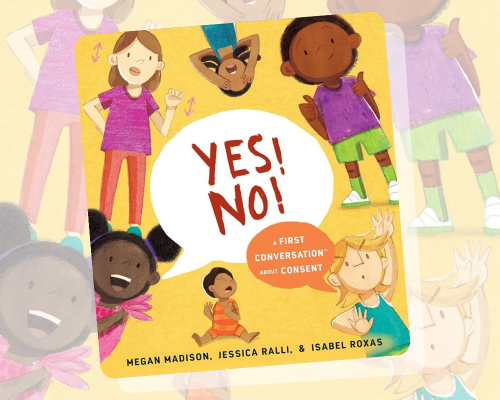Recycling sits at the heart of all three dimensions of sustainability: environmental, social and economic sustainability, and National Recycling Week offers a timely reminder that even the simplest actions can create powerful impacts across our communities. In early education and care, we often approach recycling through tokenistic displays or one-off collection tables that rely on someone “championing” the initiative to keep it alive.
But what if we saw recycling as an opportunity to deeply embed sustainability in line with our approved learning frameworks?
The Approved Learning Frameworks remind us that sustainability is not just about caring for the environment, it is about nurturing active citizens who demonstrate agency, contribute to community life and understand their role in shaping a better future. Recycling projects, when thoughtfully embedded, offer rich opportunities for children to experience belonging, connection, responsibility and creativity.
Rethinking Recycling: Moving Beyond the Bin
When we think of recycling, our minds go straight to bin sorting. But the intention is not to create guilt over misplaced yoghurt lids, it is to shift thinking.
As educators, we work with the next generation of children who are growing up in a rapidly changing world. Many already understand the basics of recycling, so our role becomes about deepening their awareness and extending their influence.
From Small Idea to Big Impact: A Programming Opportunity
Let’s use project-based learning to explore a simple, powerful idea for this time of year the “season of giving”.
Instead of purchasing items or relying on generic craft templates, imagine asking children:
“What could we reuse or repurpose to create something meaningful for someone we care about?
This question activates children’s agency and marks the beginning of an environmentally sustainable action, diverting materials from landfill and turning them into purposeful creations.
Social Sustainability: Community Connection Through Shared Purpose
Once your idea sparks interest, bring in your families, community partners or even local businesses.
Invite them to collect specific items relevant to what your children require for their project; jars, cardboard tubes, ribbon offcuts, or bottle tops, with a sense of excitement and purpose:

“We’re working on a recycling surprise; can you help us gather materials?”
This transforms a simple project into community collaboration, enhancing social sustainability through relationship building, contribution and shared pride. Children see themselves as part of something bigger, connected to real people and places beyond the service fence.
Economic Sustainability: Resourcefulness and Lasting Value
Sustainability is also economic. When we reuse materials sourced through community partnerships, we reduce costs, avoid disposable “holiday crafts” that end up in the bin, and instead create long-lasting, meaningful items filled with story and belonging.
Over time, services build resource resilience, shifting away from constant purchasing and towards cycles of sharing, repurposing and valuing what we already have.
The Lasting Legacy
This is the kind of impact that lingers.
A project that begins with a recycled jar could spark a lifelong mindset shift, children who grow into adults that value resourcefulness, community connection and environmental care, just as the Approved Learning Frameworks envision under the principle of Sustainability.
Let’s turn Recycling into Real Action
This National Recycling Week let’s move beyond sorting bins and into purposeful, community-driven sustainability.
Invite children, families and community into a shared projects that champion environmental care, strengthens community connections and promotes resourceful, low-cost practices.
Start with one question:
“What can we repurpose to create something meaningful for someone else?”
Small acts of thoughtful recycling can spark lifelong values of sustainability and community contribution.



